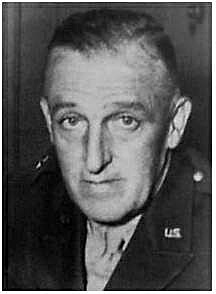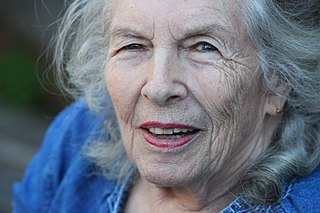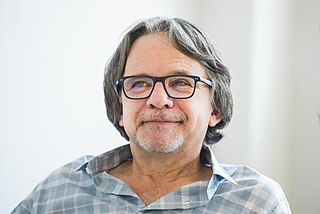A Quote by Andrew Weil
Another very common use, in all cultures, of psychoactive substances is to give people transcendent experiences. To allow them to transcend their human and ego boundaries to feel greater contact with the supernatural, or with the spiritual, or with the divine, however they phrase it in their terms.
Related Quotes
The transcendent and the numinous can be accessible to the most materialistic of scientists, without positing the supernatural. At the same time, there is no reason to mistrust the same experiences in believers simply because they posit a supernatural source. The question is not, "Does God exist?" It's irrelevant. The question is whether believers and nonbelievers can rejoice in the same experiences and not denigrate the other's explanation as to the origins of very powerful human responses.
Spiritual Love is born of sorrow. . . . For men love one another with spiritual love only when they have suffered the same sorrow together, when through long days they have ploughed the stony ground buried beneath the common yoke of a common grief. It is then that they know one another and feel one another and feel with one another in their common anguish, and so they pity one another and love one another.
Ego is neither positive nor negative. Those are simply concepts that create more boundaries. Ego is just ego, and the disaster of it all is that you, as a spiritual seeker, have been conditioned to think of the ego as bad, as an enemy, as something to be destroyed. This simply strengthens the ego. In fact, such conclusions arise from the ego itself. Pay no attention to them. Don't go to war with yourself; simply inquire into who you are.
I happen to be a very passionate person, so when I first feel emotional pain, I take it very hard. I'll more than likely have a mild breakdown for a few moments, but I allow myself to feel these emotions, release them, and learn to use that hurt as my strength for change. I believe that you can take all experiences and use them as knowledge and fuel to be a better person.
We have friends who don't use psychoactive materials but who are still interested in how the brain works and psychology and spiritual training. It's a very large and very intelligent bunch of people. We have two big parties each year where people bring food and drink and get to know each other. It makes a very good party.
Words are acoustical signs for concepts; concepts, however, are more or less definite image signs for often recurring and associated sensations, for groups of sensations. To understand one another, it is not enough that one use the same words; one also has to use the same words for the same species of inner experiences; in the end one has to have one's experiences in common.
The desire to transcend one's own ego boundaries, to share completely, even for a moment, the consciousness of another person must be a universal longing. It motivates many of our activities from taking drugs to making love, and lies behind the search for new ways of getting close to one another that is so intense in our society today.
The miracle of Bach has not appeared in any other art. To strip human nature until its divine attributes are made clear, to inform ordinary activities with spiritual fervour, to give wings of eternity to that which is most ephemeral; to make divine things human and human things divine; such is Bach, the greatest and purest moment in music of all time.
I believe we should really take our own phenomenology more seriously. What a good theory of conscious must explain is the variance in this subjective sense of realness: There clearly is a phenomenology of "hyperrealness", for example during religious experiences or under the influence of certain psychoactive substances.
The truth is that we don't know much about the spiritual world except for what Scripture tells us, so it's unwise to think we can speak with clarity about what a divine being can or cannot do. The tools of analyzing the natural world are of no use for analyzing the supernatural world. For the latter we need rules of logic, and the supernatural beliefs of the biblical writers are quite defensible in that arena.



































